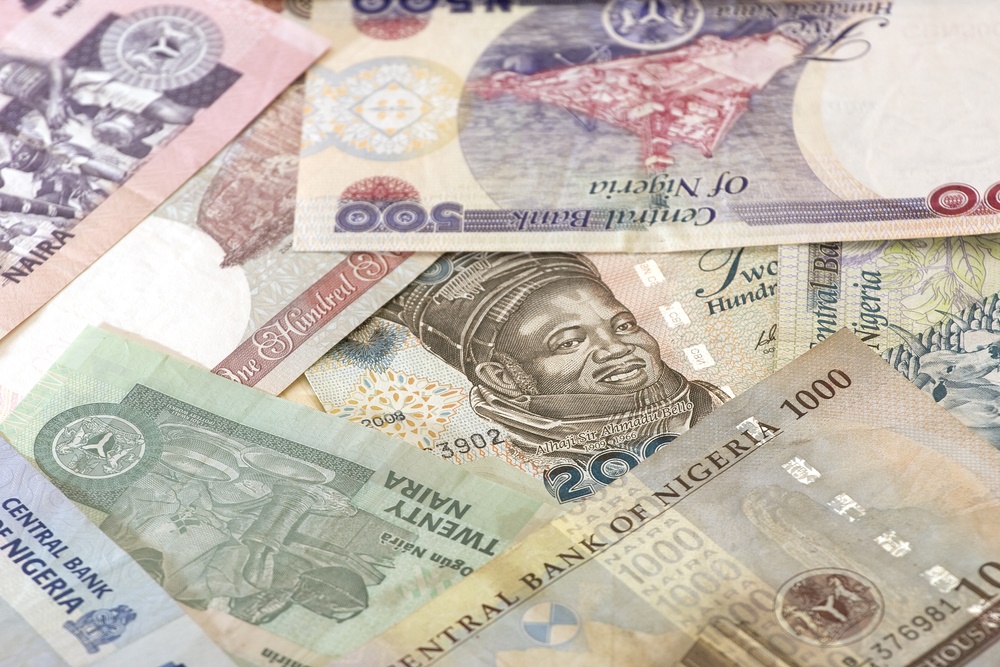Central Bank Action On Money Transfer Services Gives Bitcoin Yet Another Boost

The Central Bank of Nigeria has passed a rule that leaves most Nigerian money transfer operators unable to provide services to that country, making bitcoin a more valuable remittance tool, according to The Daily Post Nigeria.
Only three companies – Ria, Money Gram, and Western Union – can continue money transfer operations. Nigerians using these services will have to pay high fees for sending money across international borders. Hence, bitcoin offers a solution since it allows people to send any amount anywhere at any time at negligible cost, usually in less than five minutes.
Fiat Remittances Cumbersome
Sending fiat currency across borders requires sending the funds from an originating bank through a third party that provides the money transfer service, such as Ria, MoneyGram or Western Union, which charges fees and often incur glitches in delivering the funds to the receiver.
The need for remittances is growing because families increasingly have members living in different countries who often have an urgent need of money. Parents can send their children who might be studying abroad instantly and safely.
Entrepreneurs in Nigeria frequently need to send funds to business partners in other countries. With bitcoin, they no longer have to wait days to receive funds or spend a lot of time waiting in line at a bank or an ATM.
Another Attraction for Bitcoin
The government’s crackdown on money transfer services is not the only attraction bitcoin offers in Nigeria.
The Central Bank of Nigeria also planned to ban credit and debit card purchases abroad this year to slow the flow of foreign exchange out of the country, CCN.com reported.
The central bank fixed the exchange rate in February and blocked access to foreign currencies for certain kinds of imports in June.
The restrictions make it harder to make purchases from foreign retailers both online and while traveling abroad. Those most likely to notice the change include wealthy Nigerians looking to buy luxury items on the international market. Some luxury goods have already become scarce in Nigeria as a result of the Central Bank’s ban on using foreign exchange for certain imports.
Also read: Nigerian banks to ban credit and debit card use abroad
Foreign Exchange Crisis Aids Bitcoin
Nigeria’s foreign exchange crisis demonstrates how using bitcoin can solve some of the monetary problems involved in international trade. Bitcoin becomes a promising alternative to the naira (Nigeria’s currency) because it makes international purchases more convenient for consumers while also easing the strain on Nigeria’s foreign exchange reserves.
Buying bitcoin in Nigeria is easier than in some other countries in Africa thanks to the Nairex electronic currency exchange. The Nairex exchange allows a user to exchange cash for bitcoin and sell bitcoin at competitive market rates.
Featured image from Shutterstock.